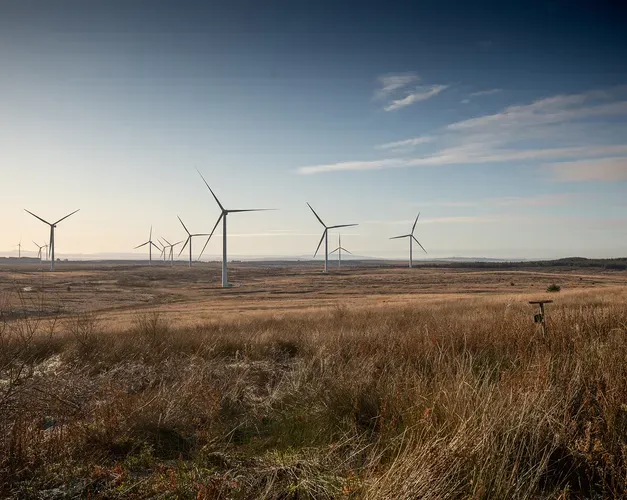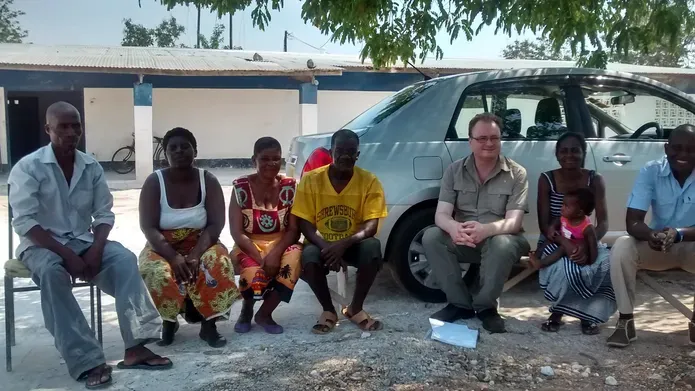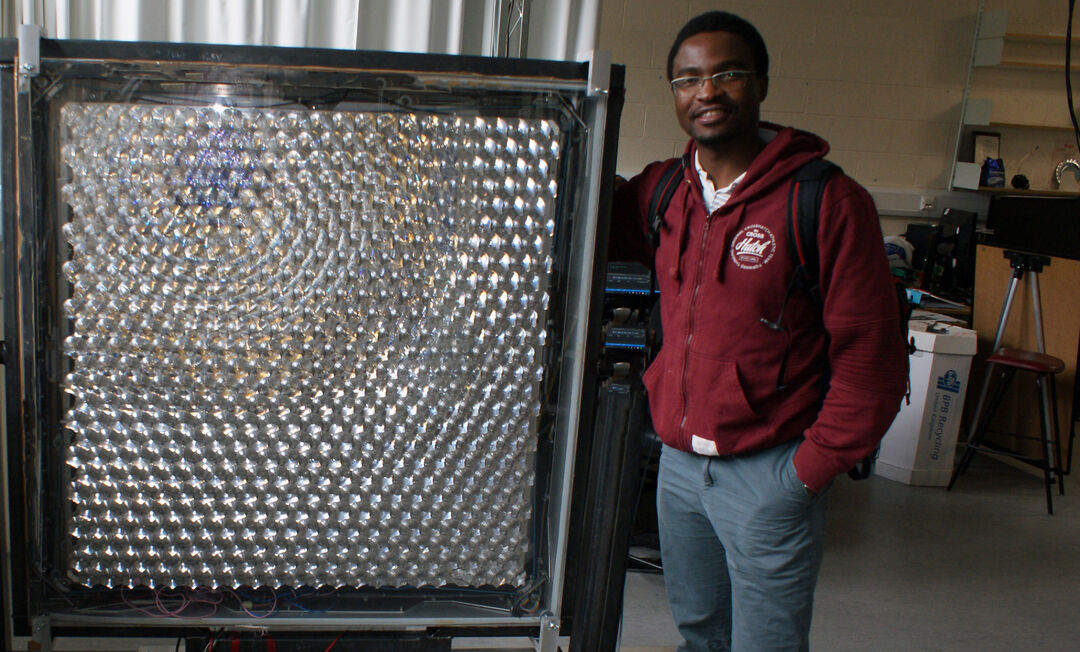Feature
Sustainable and Just Energy Transitions
We work with industry and policy makers globally in the transition to clean, sustainable energy and renewables.
Published on 10 June 2021


Energy and minerals rural consultation meeting 2014, Malawi
Our research contributes to the government priority of NetZero and the Affordable and Clean Energy and Climate Action Sustainable Development Goals. We do this by working with industry and policy makers globally in the transition to clean, sustainable energy and renewables. Our expertise spans from engineering solutions for the generation of energy and the decommissioning of oil and gas infrastructure to the governance of the energy transition: implementing the policy, societal and environmental change needed for a more sustainable and just world.
Building on the 40-year track in advising governments and industry across the world on oil, gas and mineral extractives, our Centre for Energy, Petroleum, Mineral Law and Policy (CEPMLP) brings these networks, especially in Low and Middle Income Countries (LMICs), to bear on the just energy transitions agenda.
For example, our UK government-funded "Extractives Hub", which delivers applied research, technical assistance and other practical support to resource-rich LMIC governments an NGOs, has extended its scope to enhance not only their natural resources governance but also the efficacy of their just transition from fossil fuels use to green energy. It is part of the UK Government’s Releasing the Transformational Potential of Extractives for Economic Development programme, coordinated with UK Embassies and High Commissioners and facilitated by a network of national champions and CEPMLP alumni across a dozen of countries in Africa, Eastern Mediterranean and Central Asia. Alongside the Hub, the CEPMLP’s “Oil, Gas, and Mining: A Sourcebook for Understanding the Extractive Industries” has had over 66,000 single downloads from the World Bank’s website.
Prof. Raphael Heffron, EU Jean Monnet Chair 2019-2022 for the Just Transition to a Low-Carbon Economy
Our Royal Society of Edinburgh-funded International Climate Change Network in preparation of the 2021 United Nations Climate Change Conference (COP26), addresses how initial experience in tackling climate change in Scotland and the UK may yield insights into the design of domestic laws and regulations in LMICs, which meet the international legal requirements under the Paris Agreement and the Paris Rulebook. We will create a resource of case studies of successful energy transitions from across the world. By focusing our collaboration initially on two states (Bangladesh and Uganda), which have considerable influence in their regions, their laws on adaptation and energy transitions will set the standard for others.
Our SFC-GCRF supported project “Strengthening Nigeria’s Responses to COVID-19: Renewable Energy for Resilient Healthcare Systems in Rural Areas” will develop a set of tailored business models for use by public and private facilities that overcome economic, operational and regulatory barriers. It will work in an African country, highly affected by COVID-19, with rural healthcare facilities lacking access to basic, reliable electricity to power water pumps, ventilators, and refrigerated vaccines. The COVID-19 Solar Relief Fund has invested in solar power coupled with battery storage as a technical solution for healthcare facilities. However, the conditions to make such investment sustainable and roll it out across rural communities needs to address Nigeria’s regulatory environment for the solar off-grid sector. The project aims to achieve reliable access to secure off-grid renewable power, contribute to the country’s plans for rural electrification and optimise financial support mechanisms.

Ainslie Chinembiri, Director of Chitendai Ltd, with the iRadiance SMART solar panel (photo by James Williamson of Moovii, courtesy of Chitendai Ltd)
For further information or to engage with our research, please contact: